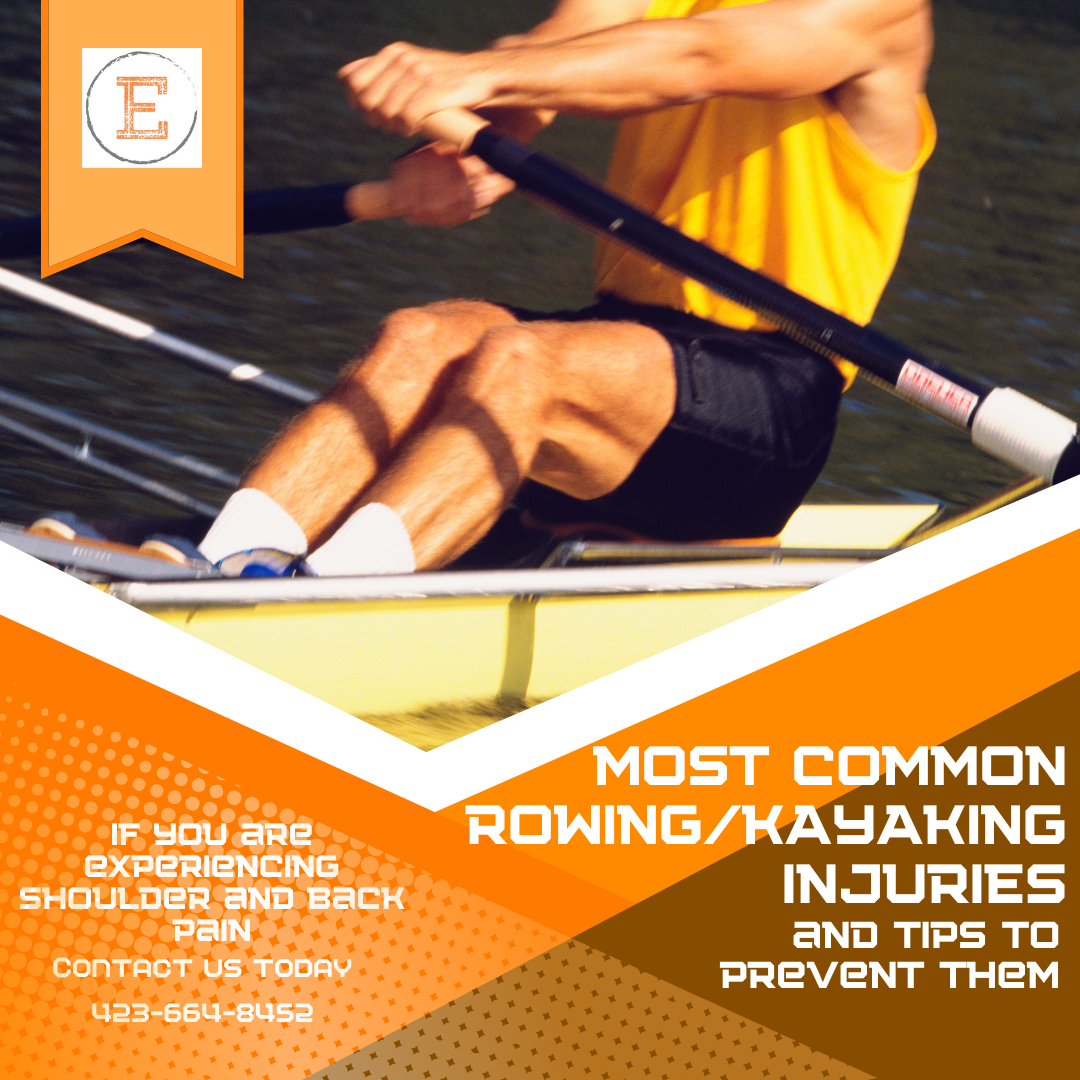“No member of a crew is praised for the rugged individuality of his rowing.” – Ralph Waldo Emerson
Most common rowing/kayaking injuries and tips to prevent them
Overuse is the primary cause of most rowing injuries. Any abrupt changes in training intensity, technique, or boat type, as well as a sharp increase in training volume, might cause an injury. The wrist and forearm, rib cage, knee, and lumbar spine are the most often injured areas among rowers.
Most common rowing/kayaking injuries
1. Lumbar Back Pain
- Rowers frequently experience pain in the lower back’s lumbar region. Stress fractures or muscle strains could be to blame, but in more severe situations, lumbar disc degeneration is frequently to blame.
- Core flexibility and stabilization exercises should be addressed in order to prevent lower back problems and the ensuing discomfort. These will help to improve lumbar resilience and reinforce the support of the back.
- Exercises involving weightlifting or other upper body strength training should be moderate.
2. Shoulder Impingement
- Rowers may experience shoulder impingement symptoms as a result of acute trauma, mechanical damage, and repetitive usage.
- The area between the acromion and rotator cuff of the shoulder narrows as rowers elevate their arms overhead, which can cause impingement on the biceps tendon and bursa, resulting in irritation, inflammation, and pain.
- A strengthening routine that concentrates on the core, scapula, and rotator cuff will be beneficial.
3. Stress Fractures of the Ribs
- Stress fractures of the ribs are common among rowing competitors because of the repetitive load lifting of the strokes.
- Chest pain is brought on by rib stress fractures, which are little fissures in the rib bone that affect sections of the bone that have been weakened by repeated, high-impact use.
- By avoiding overtraining that involves load lifting and substituting cross-training into your sports regimen, you may typically prevent these rib rowing injuries. Avoid rowing if you get throbbing chest pain.
4. Iliotibial Band Friction Syndrome
- The iliotibial band (IT band), a band of connective tissue that extends across the knee and aids in stabilizing it, connects the pelvis to the tibia. The IT band rubbing on the outside of the knee, on the other hand, results in uncomfortable friction when the knee is bent too much. Localized pain and inflammation are the outcomes of this.
- When rowing, it is important to pay attention to how your legs are positioned. You should also adopt specific stretches, strength training, and flexibility workouts.
5. Extensor Tenosynovitis of the Wrist
- Tendons and their protective synovium sheathing are severely inflamed as a result of tenosynovitis. Inflammation frequently results from an injury, irritant, or degeneration that harms the tendon sheath and prevents the creation of synovial fluid.
- Extensor tenosynovitis of the wrist is frequently caused by strenuous, repetitive sports like rowing, which strain the wrist and hand. Keeping your hands warm while exercising may assist you avoid being hurt.
How can injuries be prevented?
- To increase muscle strength, flexibility, and endurance, engage in a general strength- and fitness program that combines weight training with aerobic exercise, such as jogging or walking.
- Make sure you warm up completely. Sustained stretches should be a part of your warm-up program.
- Build up your abs to support your lower back.
- Remember wrist flexibility is key with rowing
- Regularly stretch your back using flexibility exercises. Back injuries are more likely when the muscles are tight.
- Bring a lot of water with you. Before, during, and after rowing, drink water.
- After your routine, give yourself enough time to cool down. Your cool down routine should include stretching.
If you are experiencing shoulder and back pain you can give us a call so that we can help you please contact us and we will get back to you as soon as possible visit our website at: https://elite-musclerecovery.com/
please call us: 📞423-664-8452



